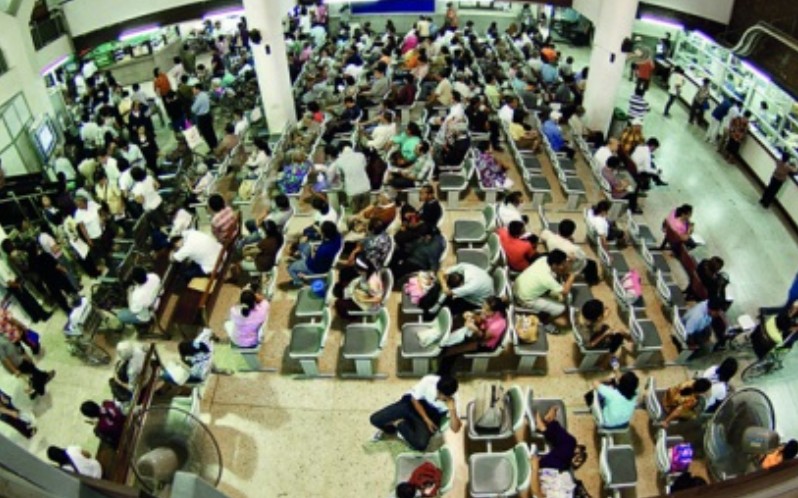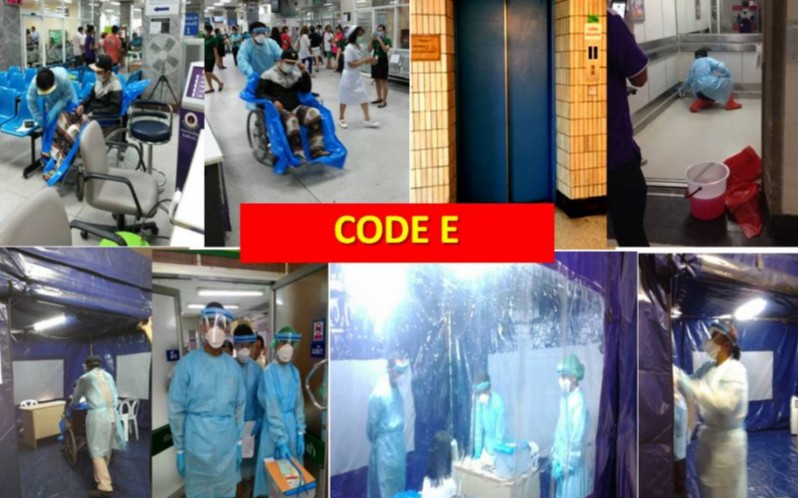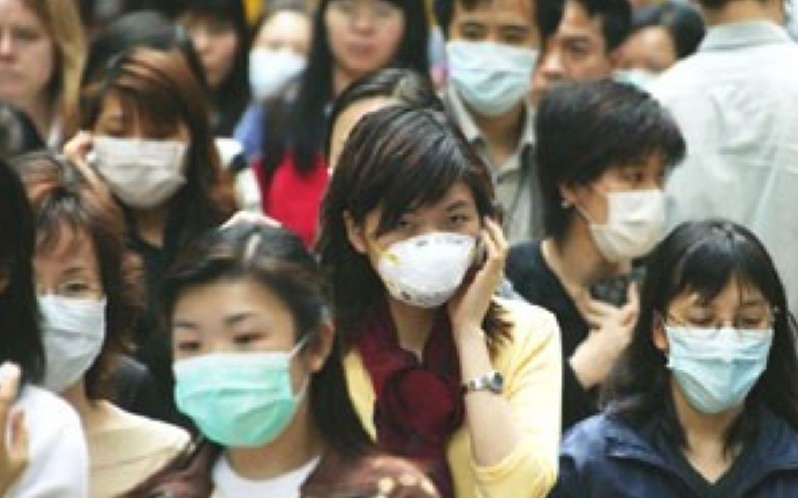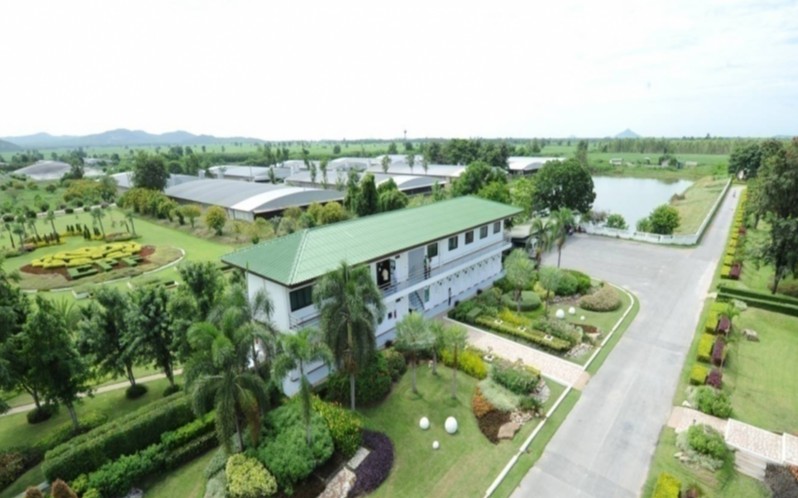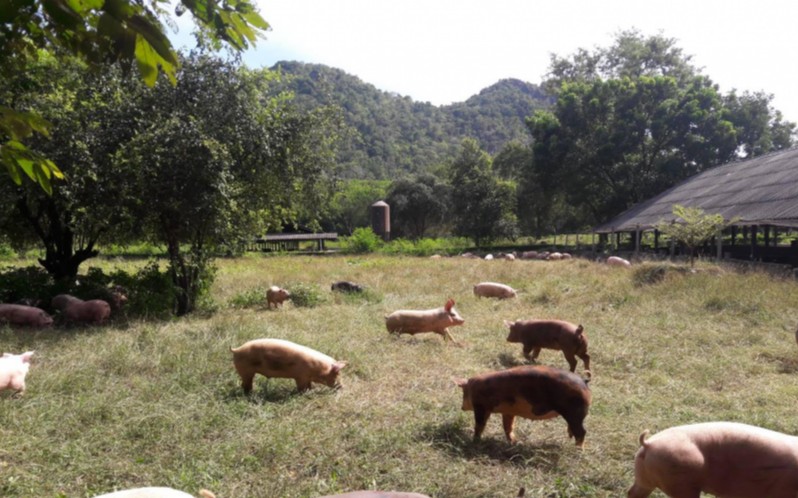Site NO. 2: Antibiotic Smart Use (ASU) Program to Promote Rational Use of Antibiotics in Hospitals and Communities
LOCATION : Phraphuthabat Hospital and Ban Lang Khao Health Promoting Hospital, Saraburi Province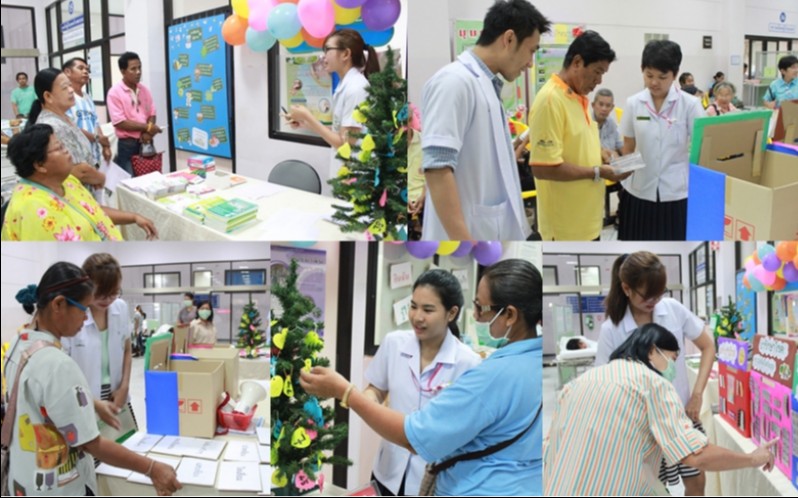
Thailand initiated the Antibiotic Smart Use (ASU) Program in 2007 to promote rational use of antibiotics. The ASU Program is a three-phase program running by a team of local multidisciplinary members (healthcare personnel, local leaders, etc.) and be organized by central partners which be comprised of the national agencies, academics and researchers. The local partners are responsible for designing the strategies, to be implemented in their units, while the central partners play catalytic and supportive roles and facilitate collaboration between local partners.
Thailand piloted the program in Saraburi province, 200 km from Bangkok with a population of 0.6 million. The project was introduced in 10 district hospitals and 87 primary health centres (subdistrict health promoting hospitals). A neighbouring province with similar demographics was selected as the control group. The first phase focused on designing an intervention to reduce unnecessary uses of antibiotics. During the second phase, important factors influencing antibiotics prescribing were identified, and they were prescribers’ poor understanding and pressure from patient’s antibiotic expectation. A half-day course was then conducted in the 10 district hospitals. Each hospital received a package of materials for patients and prescribers, and financial support to help implementation and evaluation. Evaluation showed 97% recovery of patients without receiving antibiotics, and 18-46% ofantibiotic use could be reduced safely. The second phase also focused on feasibility of ASU scaling up. During this phase decentralization was achieved by training new trainers and encouraging local partners to conduct research and promote good practices. After good results from the pilot project, efforts were made to implement ASU practice at the national level.
The adoption of ASU practice as a pay-for-performance criterion by the National Health Security Office, a major purchaser of health care for Thailand, was an important achievement that prompted nationwide expansion of ASU. Apart from hospitals, ASU has also been implemented in pharmacies and communities. The project has now moved into the third phase, focusing on sustainability. The implementation of the 2011 National Drug Policy (strategies on combating AMR and promoting rational use of medicines) together with civil society movements, such as adoption of Antibiotic Awareness Day as a public campaign in Thailand, has strengthened the AMR movement, a supportive climate for sustaining ASU practice.
This site visit is a hospital and a community in the pilot area of the ASU project. The participants can learn and experience how the ASU practice and implement and how they move forward for changing behavior in antibiotic use in communities, schools, health centers, hospitals and for advocacy to other communities.
This site visit is a hospital and a community in the pilot area of the ASU project. The participants can learn and experience how the ASU practice and implement and how they move forward change behavior in antibiotic use in communities, schools, health centers, hospitals and advocacy to other communities.


